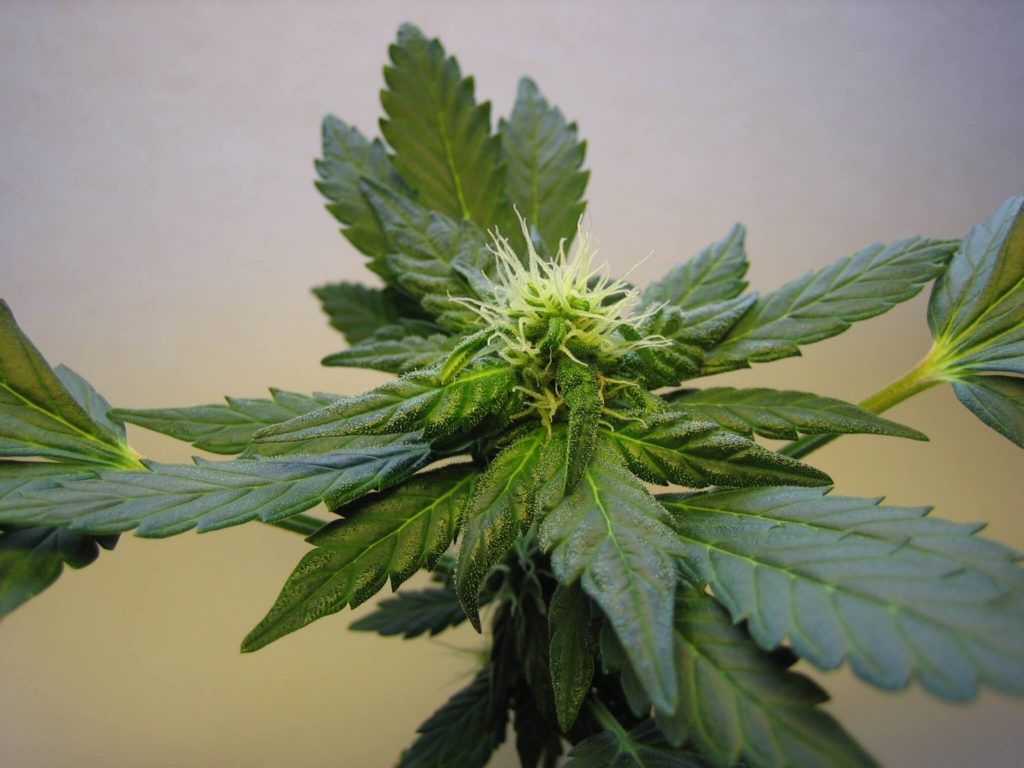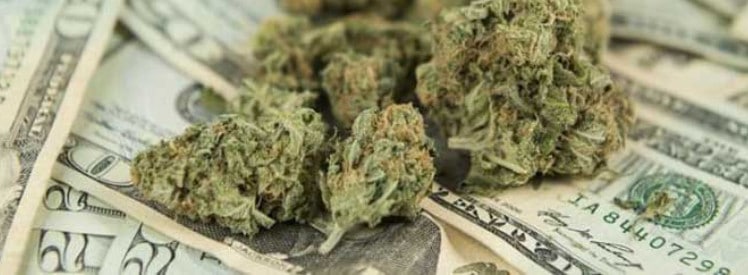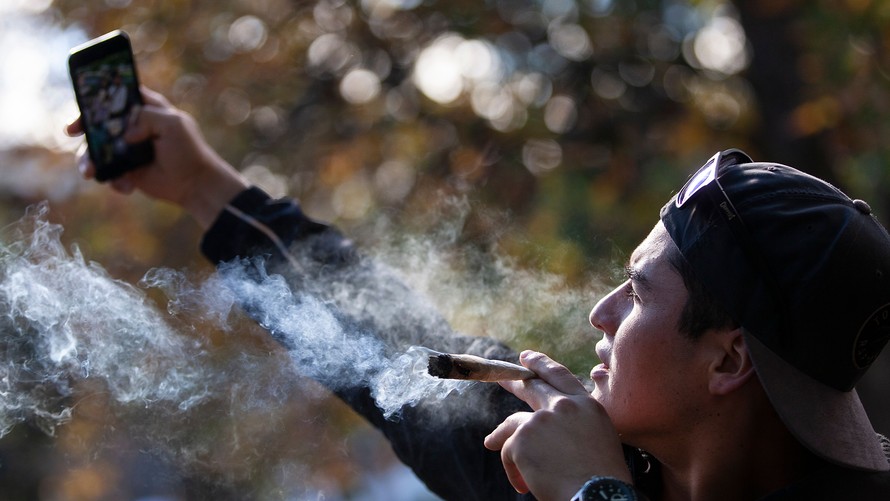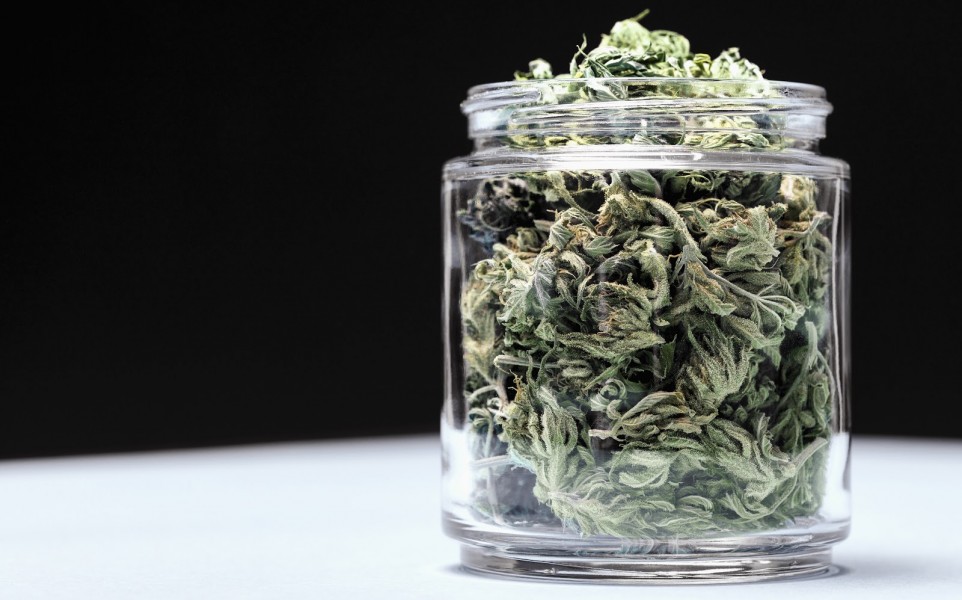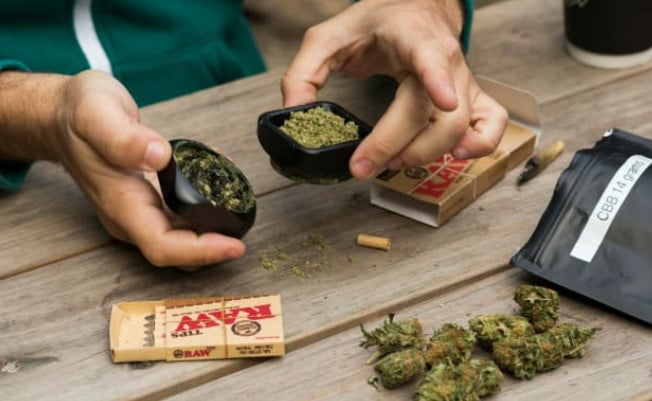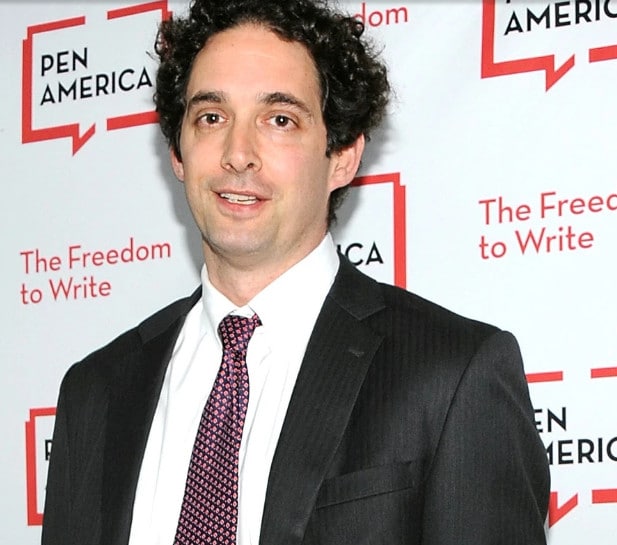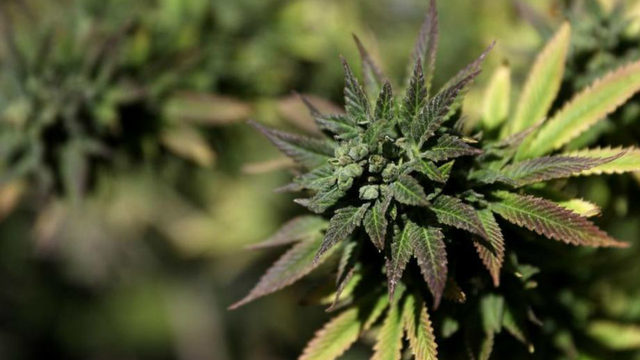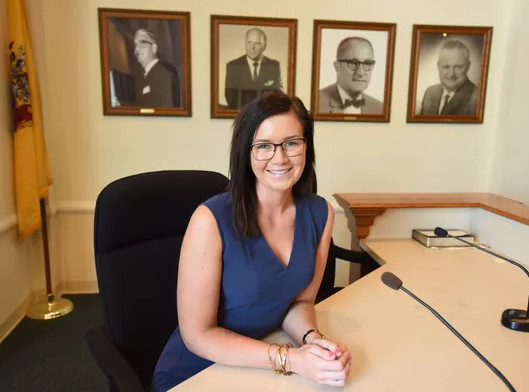In the near future, New York is likely to have no alternative but to legalize sports gambling and recreational use of marijuana. Whatever the social consequences, the moves will provide a nice boost in tax revenue to the state and the city.
The momentum for both initiatives is building. With neighboring Massachusetts legalizing pot and New Jersey moving to do the same, New York’s rationale for following suit is getting stronger. Some 63% of voters supported the idea in a recent poll. The need to move sooner rather than later was obvious when a New York Times investigation this month showed marijuana arrests were almost exclusively of African-Americans and Hispanics, even though whites use pot just as often.
The Supreme Court decision last week lifting a ban on sports betting outside Nevada set off a race among states—led by New Jersey—to seize a new opportunity.
The potential revenue from marijuana is reasonably clear from the experiences of other states that have legalized it, especially Colorado and Washington. New York City Comptroller Scott Stringer issued a report last week estimating the market at $3 billion in the state and a little more than a $1 billion in the city. Excise taxes, like those levied elsewhere, and sales taxes would annually produce $436 million for the state government, $336 million for the city and more than $500 million for other localities, Stringer projected.
Deciding how much to tax is complicated, however. Set the rate too high and buyers will make their purchases across state lines or from illegal dealers. (For that reason, the comptroller estimates, more than half of all cigarettes consumed in the state are smuggled from elsewhere.) Set it too low and the chance for more revenue is lost.

Credit: rainsnewyork.com
No immediate windfall is likely, either, because it takes time for the market to develop. California reported last week that it took in $61 million in marijuana-related revenue for the first quarter of the year, much below what was expected.
The numbers are even bigger for sports gambling, which is expected to reach $150 billion. A study by Oxford Economics pegged the likely tax revenue to states and cities at $3.4 billion. The projections are based on a long list of assumptions. Revenue from new casinos in the state has been much less than forecast, so skepticism is warranted with sports betting as well.
Another issue is whether the money should be segregated. Stringer suggested revenue from marijuana should be used to “invest in communities most damaged by decades of criminalizing marijuana.” Segregating tax money like that is generally a bad idea, but it might be worth considering in this case.
Credit: rainsnewyork.com


